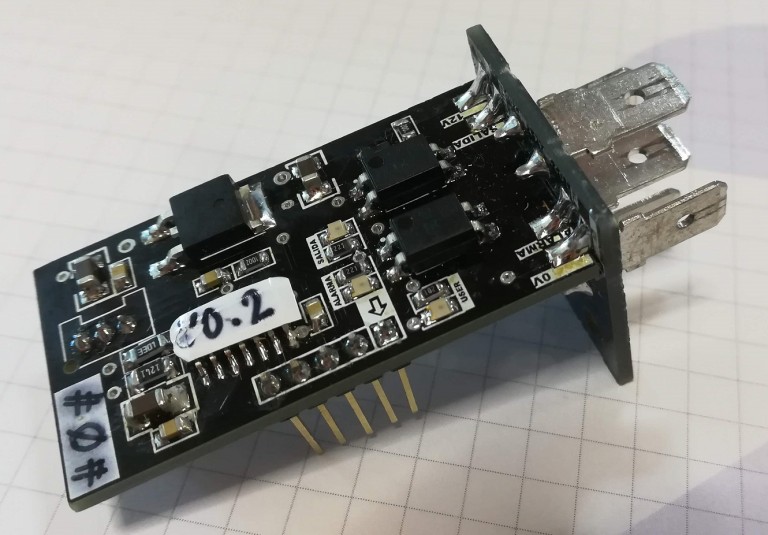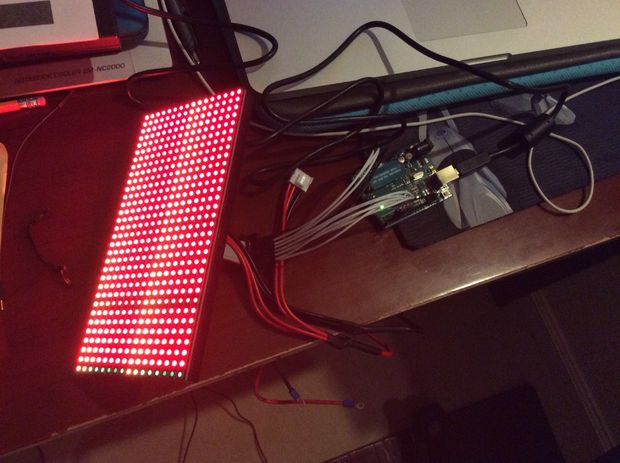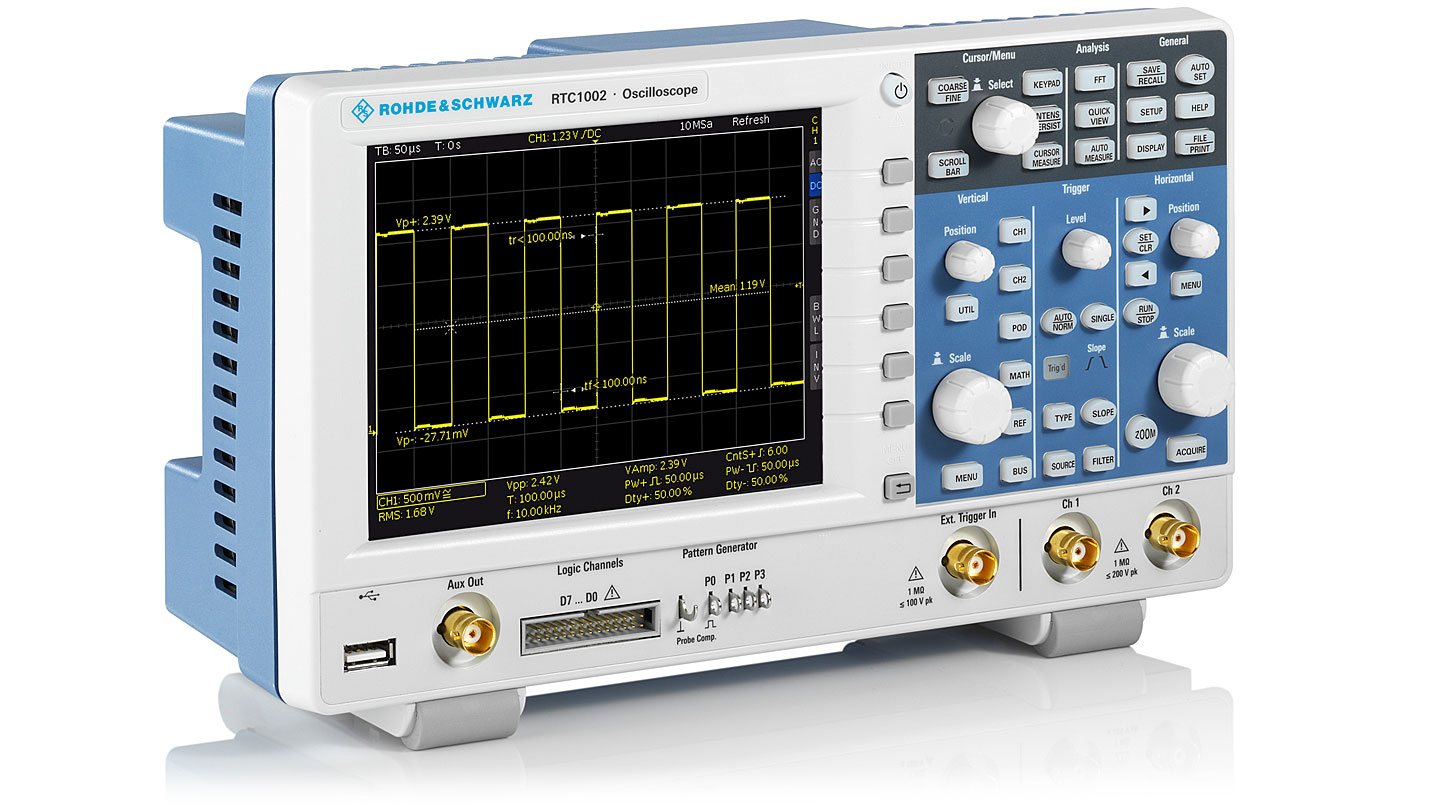While it has become a norm for embedded firmware developers, tinkerers, and DIY electronics hobbyists to have multiple adapters for different communication protocols, the challenges associated with moving around with all the adapters can be quite the drag. The new Binho Nova Adapter is trying to change this by serving as a Multi-Protocol USB Host adapter, that allows users to connect I2C, SPI, 1-WIRE, and SWI devices (from sensors to microcontrollers, etc.) to computers over USB.
The device features 5 different signal pins, which in IO mode can be used varying functions like Digital Input, Digital Output, PWM Output, Digital Interrupt (on the rising edge, falling edge, or change), Analog Input, or Analog Output. Along with the 5 pins, then it also features a 3v3 pin, 1 VUSB pin, and 3 GND pins, all packed on a 10pin wire harness that terminates with a female 1.27mm 2×5 IDC connector.
Ideal for tasks like manual testing during firmware development, debugging, and automated hardware testing and validation. The pins on the Binho USB adapter can be used to communicate with any device on several digital buses like; I2C, SPI, UART, (Dallas)1-Wire, and (Atmel) Single-Wire Interface. While in the mode of operation that involves any of these protocols, the remaining pins, among the five(5), can be assigned to other related or unrelated purposes such as gpio, interrupts, chip selects, PWM signals, or analog input or outputs.
Some highlight features and specification of the adapter include:
- Support for SPI @ 12MHz max clock
- Support for I2C @ 3.4MHz max clock
- Support for UART @ 1000000 max baud
- Support for Dallas 1-Wire
- Support for Atmel Single-Wire Interface
- Provides 3v3 and VUSB power rails
- 1 x DAC Output, 5 x ADC Inputs
- GPIO / Interrupt / PWM Support
- Programmable RGB Status LED
- Field-Upgradeable Device Firmware
- Cross-platform Support for Windows, Mac, Linux
- Robust, low-profile Aluminum Enclosure
- USB Type-C Connector
A common use-case of the bingo adapter in production environments is for EEPROM/Flash Memory programming but it has also proven to be a lifesaver to users across related applications like;
- Firmware Development
- Proof of Concept Development
- System Debugging
- Automated Hardware Testing
- Automated Firmware Testing
- EEPROM Programming
- FLASH Programming
- FRAM Programming
The Adapter is currently available on Tindie for $149, and it ships in a package comprising a breadboard breakout adapter and a 1 foot USB type C (male) to type A (male) cable, all enclosed in a soft-shell zippered case.
More information on the product, price, and general availability can be obtained from the product’s page on Tindie.















